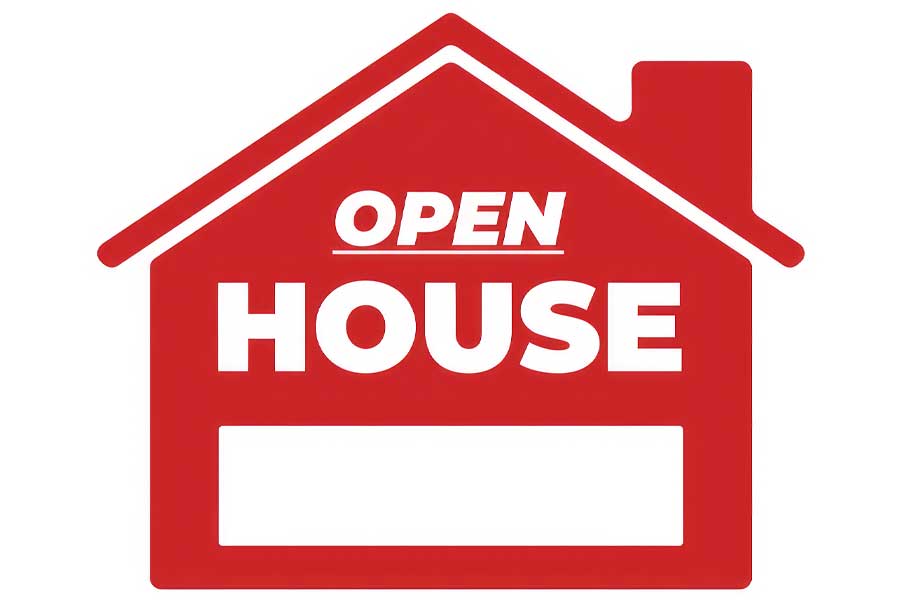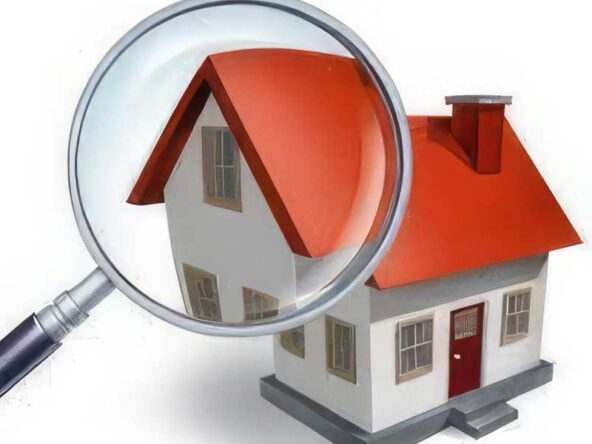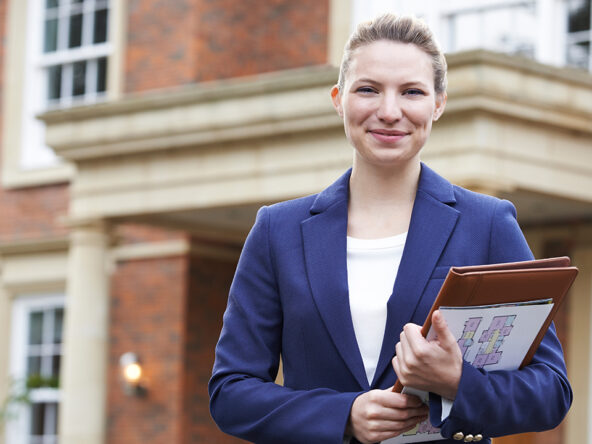An open house is when a home seller and their REALTOR® invite the general public to view their property, usually a 2 to 3-hour window of time. During this time, the listing agent will answer questions, give tours and point out features to potential buyers.
When selling your home, how do you know if you should have an open house? Here is a list of the good and bad of holding an open house on your home.
The Good:
- Brings Increased Awareness – An open house is an additional way to attract potential buyers. This can be done through posting on platforms such as Facebook, Zillow, Trulia, and Realtor. Directional signs are normally used at all crossroads of nearby streets, which could attract spontaneous and curious buyers/lookers.
- Added Convenience – While a good portion of open house visitors will have planned on stopping by, there will be some potential buyers who drop in from the street. Some buyers will see an open house sign while out driving and pop by to check out the property. Open houses are convenient and encourage anyone to stop by, take a look, and ask questions.
- Home Opened to Larger Audience – Open houses are available not only to just potential buyers but to agents and brokers as well. Agents will often scope out a property to see if they have a buyer in mind, and when agents work together, homes sell faster. Other people who may be interested in seeing your home are neighbors who can pass information along to friends and family who they know might be interested. We call that “Pick your Neighbor.”
- More Time to Prepare – With a scheduled open house, home sellers have ample time to prepare their home and make sure it looks its best. With a showing, some appointments are made on short notice, leaving little time to get the home ready. With an open house, a seller has time to plan, clean, stage, and declutter, a huge bonus because potential buyers will see a home at its finest.
The Bad:
- Unqualified Buyers – Open houses can attract neighbors and other lookers that are not serious about buying a home and are there just because they are curious. It is a difficult, if not impossible, task to pre-screen people attending an open house, so it’s something to keep in mind.
- Security Concerns – One of the main concerns over holding an open house is you open your private home to strangers who may have ulterior motives for visiting. It is extremely important that sellers make sure any valuables, high-quality items, or personal papers are removed or stored away. It is highly unlikely for a REALTOR® to be able to supervise every single person that walks through the door. Open houses of vacant properties are also at an increased risk of break-ins and vandalism when no one is around.
- Less One-On-One Time With Potential Buyers – Depending on how busy the open house is, there may be more than one potential buyer in the home at the same time. This means less personal attention and discussion on the home, which is sometimes needed to highlight the best features of the home.
The Ugly:
- May Lower the Chance of Sale – Although open houses are a good marketing tool and may increase exposure of a listing, it does not increase your chances of actually selling your home. In fact, most home sales are not a direct result of an open house. If a person is a serious buyer, more than likely, they make a private appointment to explore on their own time without the distraction of others. The best way to sell your home is through private showings. This ensures buyers are vetted and serious about seeing the sale through.




